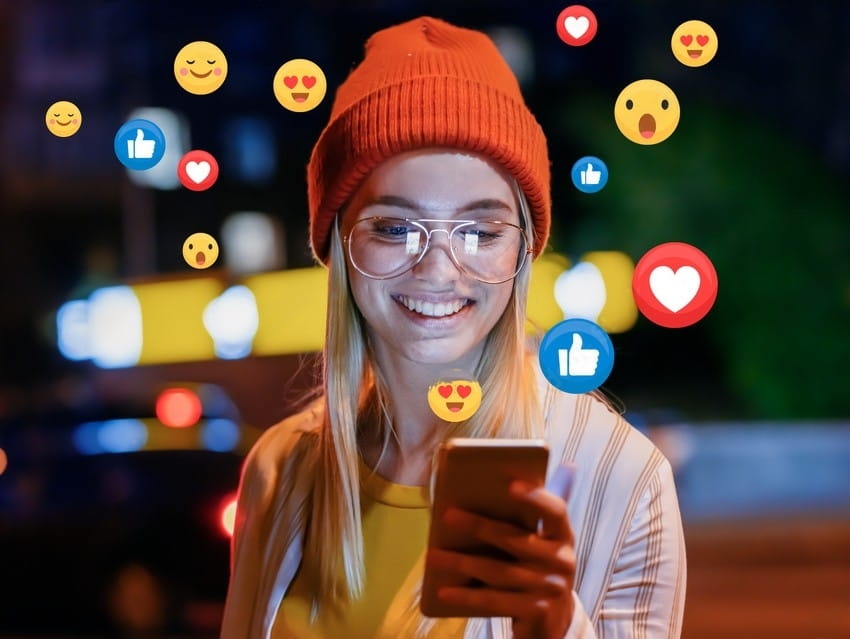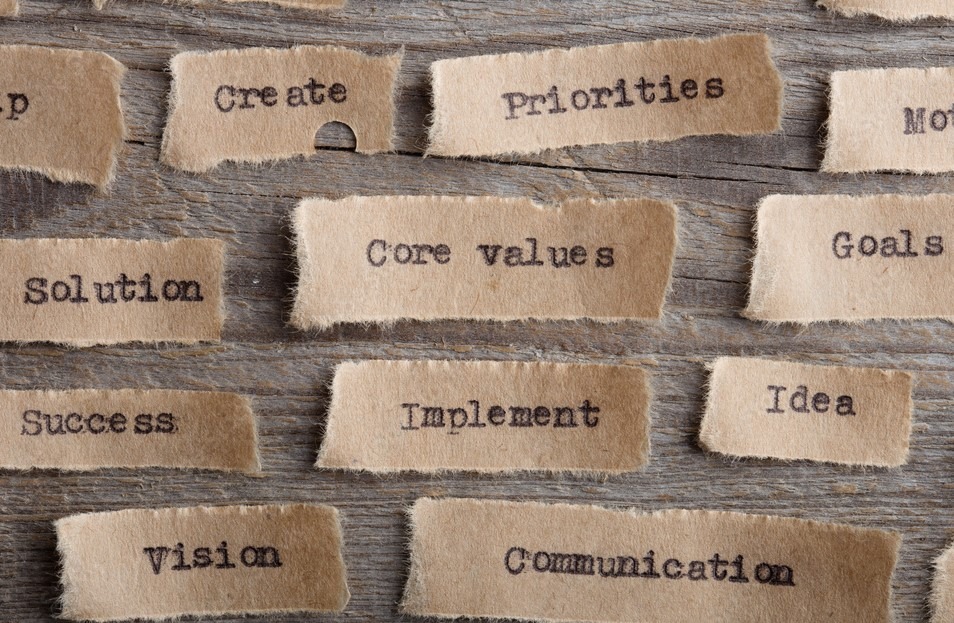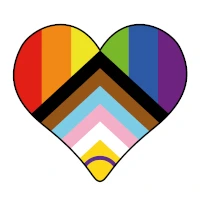Over the last few years people have been noticing that they tend to be ‘scrolling’ more often. This can be on a social media platform, news sites, or other websites. Regardless of which sites you’re looking at you might find it difficult to stop. When you can stop, it turns out to be hours later. This is doom scrolling.
This can be a phenomenon known as ‘doom scrolling’. This is the act of scrolling through social media and information related specifically to COVID-19. However, we can expand on this and include all of the ills of the world in this. Despite best efforts, you might find that feeds and websites have considerably more coverage of these types of experiences. We can feel helpless to stay on top of everything and form an opinion.
How does doom scrolling help us?
When I ask these kinds of questions, people tend to tell me that it doesn’t help. Help in this context really means, what does doom scrolling do for you? Well, during times of increased stress and decreased control, human beings will seek ways to control their environment. One way that we do this is through information seeking. This may seem counter intuitive, that this type of deliberate thinking is at odds with managing our anxieties about the world. Research generally demonstrates to us that, instead of this assumed more logical thinking pattern, than many decisions are based on emotions. So, we feel a less pleasant emotion, and we seek a way to assert control over the situation. This is where doom scrolling comes into play.
Let’s use going to the doctor as an example. You notice you’re not feeling well. It gets to the point where you think you may need to see a doctor. Even if you call and book the appointment right away, you’re likely to still search for information on your experience. To be honest, if you google basically any physical health symptoms the internet is going to tell you it’s something overwhelming. So, then you search for more information. What is initially meant to provide relief and control over a situation, starts to feel more out of control.
This is what we theorize is happening when we’re drawn to these articles, websites, videos, and other feeds that are associated with doom scrolling. It initially appears to be a very beneficial activity. Gathering information in an unfamiliar situation can be lifesaving depending on the context. This is an information overload. There is no end to the messaging. If you are interested in the history of the 24-hour news cycle and its impact on mental health (which is kind of where we can see the beginning of doom scrolling) please check out this interview from NPR: https://tinyurl.com/yc7e5kjv
When being in tune means being overwhelmed: A doom scroll tale
We’ve established that doom scrolling leads to increased levels of anxiety and feeling out of control. The next question is: why does that even matter? Well anxiety is the body’s alarm system. It’s telling you that something is wrong, and you need to be aware. So, your body increases its awareness of what is going on around you. This helps you to be more focused towards potential danger. Which then, in this case, means trying to take in more information. Suddenly it doesn’t seem so strange that you can’t stop scrolling!
Some researchers suggest that doom scrolling often begins not with the intent to be informed but rather the intent to find something positive. We’re looking to regulate our affect as well as attempt to find control. We’re trapped waiting for doomsday and it keeps staying at the edge of our vision. It’s emotionally overwhelming.
Challenging the doom scroll
One of the most common pieces of advice that are given when we start describing doom scrolling is to take a break from the news/social media. This is a great idea; it removes the source of the anxiety and makes it easier to refocus on something else. However, it is not possible for everyone. For some people social media is the only way they can connect with others. For others, they can’t turn away from the violence and injustice that is being done on a day-to-day basis. Just like for others, social media causes them harm and they don’t have the time or energy to be up to date with the world.
Ultimately, it’s about finding a balance that works for you. We want to adjust the behaviour to something that is similar but not as overwhelming. It’s okay to choose 1 news site or account to follow and leave it at that. It may not give all the information, but it can give you enough to feel connected. And if you need some help with that, give us a shout at Unstuck Psychological.
Angela MacLeod, MA
Registered Psychologist
Anand, N., Sharma, M. K., Thakur, P. C., Mondal, I., Sahu, M., Singh, P., J, A. S., Kande, J. S., Ms., N., & Singh, R. (2022). Doom surfing and doom scrolling mediate psychological distress in COVID-19 lockdown: Implications for awareness of cognitive biases. Perspectives in psychiatric care, 58(1), 170–172. https://doi.org/10.1111/ppc.12803
Baker, M. (2021). Gloom, Doom, & In Tune: Political Engagement, Anxiety, and Dispositional Traits in the Age of Doom scrolling. UC Merced. ProQuest ID: Baker_ucmerced_1660D_10660.
Buchanan K, Aknin LB, Lotun S,Sandstrom GM (2021) Brief exposure to social media during the COVID-19 pandemic: Doom-scrolling has negative emotional consequences, but kindness-scrolling does not. PLoS ONE 16(10): e0257728. https://doi.org/10.1371/journal.pone.0257728erritt ID: ark:/13030/m5kx24r7.
Arice, M., Legrand, A. C., Brier, Z., van Stolk-Cooke, K., Peck, K., Dodds, P. S., Danforth, C. M., & Adams, Z. W. (2022). Doom Scrolling during COVID-19: The negative association between daily social and traditional media consumption and mental health symptoms during the COVID-19 pandemic. Psychological trauma: theory, research, practice and policy, 10.1037/tra0001202. Advance online publication. https://doi.org/10.1037/tra0001202
Salisbury, L. (2022). On not being able to read: doom scrolling and anxiety in pandemic times, Textual Practice DOI: 10.1080/0950236X.2022.2056767
Ytre-Arne, B., & Moe, H. (2021). Doom scrolling, Monitoring and Avoiding: News Use in COVID-19 Pandemic Lockdown, Journalism Studies, 22:13, 1739-1755, DOI:10.1080/1461670X.2021.1952475












